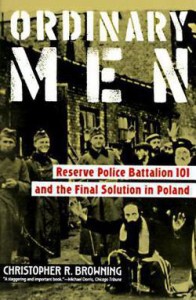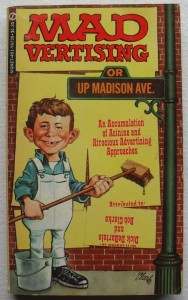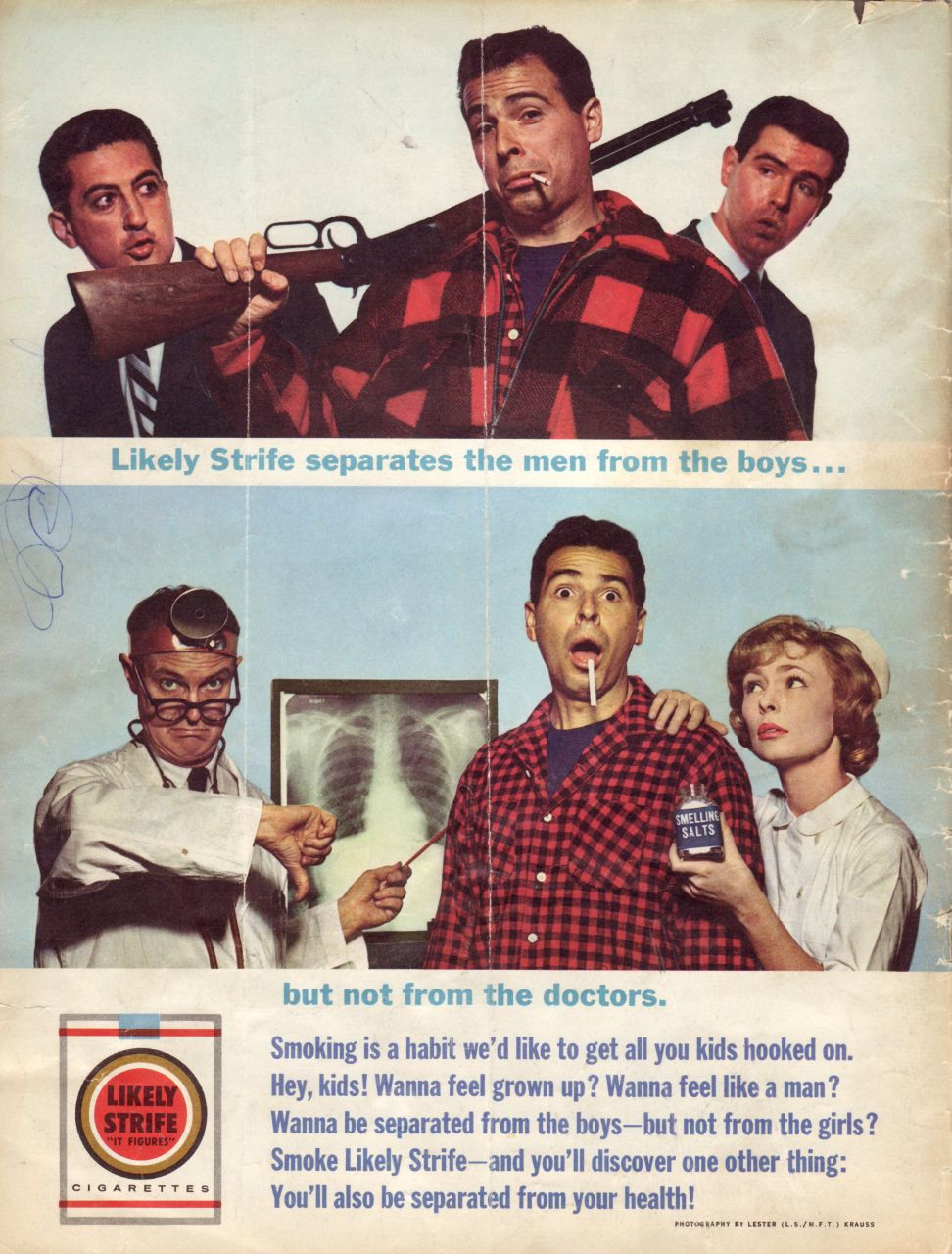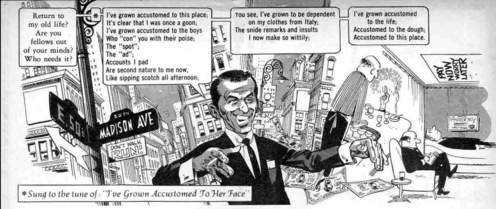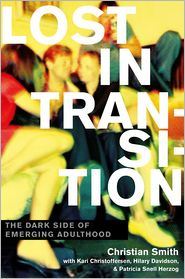“Those who cannot remember the past are condemned to repeat it” – George Santayana
I hate this quote.
OK, maybe “hate” is too strong of a word. Maybe I should say I dislike this quote. Or it annoys me. Or I have problems with this quote. Maybe I should say this quote gets on my nerves.
Hmm.
No. I hate this quote.
I’m sure you’ve heard this quote somewhere. It’s used to justify the importance of history. Teachers often use this quote as an argument against skeptics (and when I say “skeptics” I mean students — sixteen-year olds are highly practiced skeptics) who don’t see why they have to take a history class. This quote, however, is not a good way to explain why history is important. There are several reasons why this is so, but let me give you one:
It actually reinforces bad moral reasoning.
Here is how it works: a teacher or a professor is covering a historical subject with very obvious ethical and moral issues, such as the Nazis or slavery. The pragmatic cultural climate we live in sends the message that we study history so we don’t make the mistake of doing bad things again (hence the popularity of the Santayana quote).
In the end, though, how does the student engage the underlying message when the history of the Nazis or slavery is presented like this? Consciously or unconsciously, the mind processes it this way: “Yeah, the Nazis were evil. Slavery was bad. So I should not kill 6 million Jews and I should not enslave millions of Africans. I haven’t done either of those things and I won’t in the future. Gee, that was easy. Let’s go play a video game.”
Here is our problem folks: young people (and many old ones) think ethics is easy. Christian Smith’s national study on emergent adults (Americans between the age of 18 and 30) found that nearly all thought it is easy to know right and wrong. Respondents said things like, “Usually it’s not hard. Usually the wrong choice kinda glares at me like ‘No! Wrong!'” “Doing the right thing, it’s pretty easy. I would feel bad if I knew it was wrong.” “I would say it’s pretty easy to know. I have kind of a gut feeling with some things, so overall it’s pretty easy to trust my own instincts.” “I was brought up with a good idea of right and wrong and if it was wrong, my heart and head tell me. I don’t think it’s very hard.”
No. No. No.
It is true that the ethics of some matters are easy to see and act upon. But many, many things are not so easy to see or act upon. In fact, it is kind of scary to realize so many people think it is easy.
Let me give an example of a good historical study that shows how even something that seems straight-forward — Nazism — is actually complicated. One of the best books I have ever used in my classes (and one that is assigned in a lot of courses) is a work by Christopher R. Browning entitled Ordinary Men: Reserve Police Battalion 101 and the Final Solution in Poland. Browning studied German men in a battalion during World War II. These men were not members of the Nazi party and were not rabid fascists. They weren’t elites. They were older men for the army, generally in their 40s, who were drafted into the army for non-combat duties. They tended to come from jobs such as office-workers, truck drivers, waiters or salesmen. They were ordinary men.
Browning opens the book with an account of how the commander, a Major Trapp, gathered his men one morning and told them they had been given orders to go into a town of Jozefow, Poland. They were to round up all the Jews, send the men to work camp and then shoot all the women, children and elderly. He trembled and even teared up as he gave the orders. And he explained that anybody who did not think they were up to task could step out.
Then Browning describes the actions of the men in the battalion, in Joszefow and later killings. Some of the accounts, which come from interviews of the men after the war, get gruesome in their description of the massacres. Although a few men seemed to carry out these evil tasks without any hesitation, many found the tasks very difficult, ghastly and disturbing. Over time, as they were ordered to conduct similar killings, the men would drink heavily beforehand to dull the emotions they felt.
A small number withdrew and did not participate. They were not punished.
A number of subtly unsettling questions usually arise in the reader at this point in the book: Wait, some German soldiers actually felt bad about committing these atrocities? And some were allowed to pull out and were not punished? And if these men felt bad, but knew they could pull out, why did they continue on carrying out these atrocities?
These are the kinds of questions Browning explores and wants us to consider. The main question he addresses is why “ordinary men” participated — and continued to participate — in these evil actions.
There is a lot to this book, but let me make a few points. The men rationalized their atrocities in a lot of different ways. Some pointed out that the Jews in Poland were killing Germans in their resistance fighting. They said it was Jews who organized the American boycott of Germany. Some men gave twisted justifications for killing. For instance, because the tasks were so gruesome and difficult, some of the men said that it would be cowardly to withdraw. If they withdrew, they would be putting the burden of the killings on their colleagues in the battalion, while they themselves got off easy. In other words, the courageous thing to do, in their minds, was to kill innocent people. That’s a twisted idea, but if one ponders the context, one can see how a person could conclude that.
Some oddities: 1) that someone would reason this way 2) we could see why it would look sensible to them. (If you don’t see it, read the book).
Browning gives a number of quite plausible explanations for their behavior (I’ll let you read the book to find out what they were). In my class discussion, I usually have my students list reasons why they think these men would do what they did. They list quite a few: respect for authority, fear of reprisals if the didn’t follow orders, peer pressure, the role of mass media in producing stereotypes of Jews, loyalty to the German nation, fear of being known as a coward, and many more.
By this point several strange things have happened to the students. They often write that they had always pictured the Germans as monsters or machines. The students (and most people, I think) had never really thought of German soldiers as ordinary humans.
This is significant. Something very interesting goes on inside of us when we think of the Germans as monsters: we put them in a totally different category from ourselves, which lets us off the hook of doing any difficult moral wrestling. They are evil: we are not. It’s easy. We can go play our video games with a clear conscience.
But when we start to understand why ordinary Germans did these hideous and evil things, it gets scary. Now the German soldiers seem a bit more like us. We don’t want that.
My students also begin to realize that while on the surface the question of killing innocent Jews is simple, (and we can see that it is clearly wrong) in the context of the time, it was not so simple. The better students start to understand that a whole host of cultural factors (media, politics, nationalism, group identity, etc.) shaped the perceptions and moral decisions of these men.
So if cultural forces led many Germans to make deeply unethical decisions — and they were blind to their culture and how twisted their justifications were — what makes us so sure that we always get our ethical choices correct? That’s scary.
Often, a student will say that these men did not have a choice. The class has to unpack this a bit. Someone usually points out that the soldiers had a choice of withdrawing and they were not punished, so they did have a choice. But someone else will reply that the soldiers did not know, for sure, that there would be no reprisals. A good point. You can’t trust the Nazi establishment for something like this. So did they really have a choice?
But now a few more difficult questions arise. Even if a soldier were punished for refusing to kill the Jews — sent to a concentration camp, for instance — isn’t that a choice one could take? It’s not a good or a happy choice. But it is a choice. And might sacrificing one’s own life so that one does not participate in killing be the right choice?
And then, the really scary question: if we were a 44-year old German man, raised in German culture of the early 20th century, and then drafted into the battalion, what would we do? Obviously we would all like to say we would refuse to participate. But given what we (now) know about how media, nationalism, group loyalty, peer pressure etc, operate, do we really know how we would behave if we grew up in that context? That’s a really, really scary thought.
I also remind students that there were “rescuers” in Germany and other European nations who actively worked to save Jews and others targeted by the Nazis. They risked their lives — some literally gave their lives — to do such a thing. But rescuers were few and far between. The vast majority of ordinary Germans — and a large proportion of ordinary non-Germans in Nazi-controlled areas — were “bystanders.” They kept their heads down and tried not to get involved. Very few tried to hide Jews from the Nazis.
So, now we have some difficult questions. If right and wrong are so easy to see, why didn’t these ordinary German soldiers see what was right? And if right and wrong are so easy to carry out, why didn’t ordinary Germans and millions of ordinary bystanders in Europe rescue the Jews?
Those are not easy questions to answer.
And it raises the question about how we learn from the past. If I learn, simply, that some people in the past have done evil things — enslaved others or committed genocide — is that knowledge alone going to instill in me the virtue to do what is right and be more than a bystander? Or will it simply make it easier for me to pat myself on the back and, like the Pharisee in the temple, thank the Lord that I am not a sinner like ordinary men?


